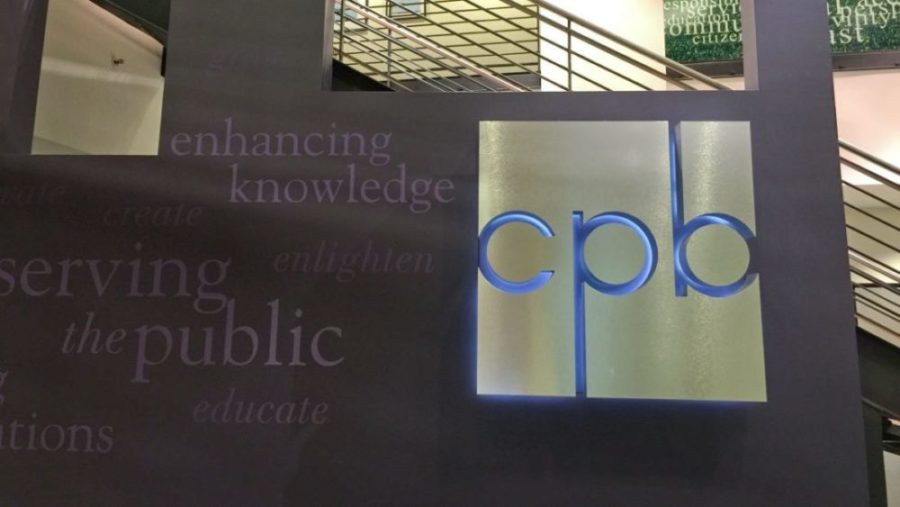Tag: Community Service Grants
CPB board boosts CSG funds by delaying Healthy Network Initiative for second year
Board member Ruby Calvert said setting aside the initiative for another year is “the right thing to do.”Under new leadership, struggling Iowa station looks to reinvent itself to survive
KBBG aims to strengthen community support by refreshing its music mix and beefing up local reporting.CPB Board wants new approach to setting TV Community Service Grants
Vice Chair Bruce Ramer suggested starting with “a blank slate” on determining station CSGs.CPB prods TV stations to consolidate, revamps rural grants
New CSG rules include creation of a Healthy Network Initiative to encourage station collaborations and mergers.Change to CPB rules asks stations to share more about executive salaries
A change to CPB’s Community Service Grant provisions aims at having all eligible stations post salary information for top executives on their ...CPB finds room for media innovation in 1967 Public Broadcasting Act
CPB’s fresh look at the Act is part of its two-year “Future of Public Media Initiative.”CPB Board spectrum committee sends TV CSG proposals to full board
The proposals clarify key financial issues surrounding the FCC’s spectrum auctions, which could bring millions of dollars to stations.CPB eyes TV CSG rules in anticipation of spectrum auctions
CPB will review its television Community Service Grant policies to clarify how to handle station revenues from the upcoming spectrum auction. The auctions, ...KEET steps up membership efforts to hold on to federal funding
KEET-TV, one of the smallest PBS member stations, has grown its membership by 40 percent and raised more than $600,000 over the past ...Damaged transmitter delays license renewal for Houston’s KPFT
Houston Pacifica station KPFT-FM is preparing to ask the FCC for a third extension on its license renewal, a delay resulting from ...CPB fines WJFF $15,000 for open-meeting violations
The Jeffersonville, N.Y. community radio station came under heavy scrutiny after a former g.m. cancelled programs in closed meetings.Thursday roundup: Utah station threatened by CPB grant rules; Public Radio Capital rebrands
Plus: PBS virtually recreates D-Day, and the latest on the fight over podcasting patents.CPB appropriation arrives despite federal shutdown
Public broadcasting’s federal subsidies were not caught up in the political stalemate that forced closure of the federal government Oct. 1. The U.S. ...Pacifica misses CPB deadlines, holding up funding for stations
CPB has withheld financial support for the Pacifica Foundation’s five radio stations after the organization missed deadlines for fixing errors and shortcomings ...CPB accepts policy revamp proposal from radio CSG panel; first changes since 2005
The CPB Board on April 22 unanimously approved changes to its Radio Community Service Grants program for fiscal 2014, including phased-in hikes ...





